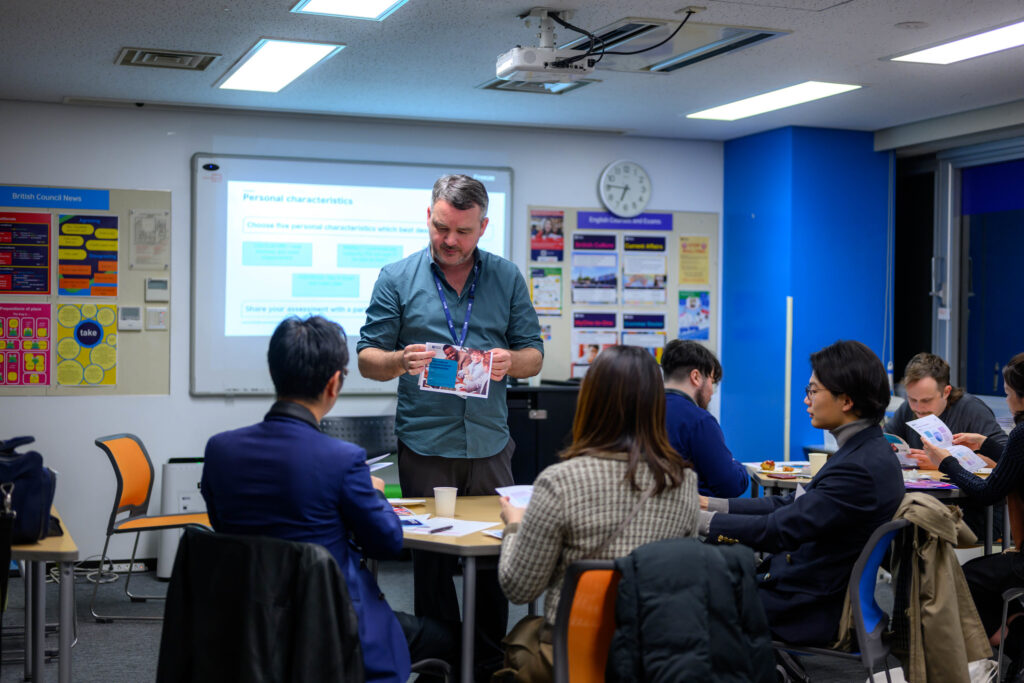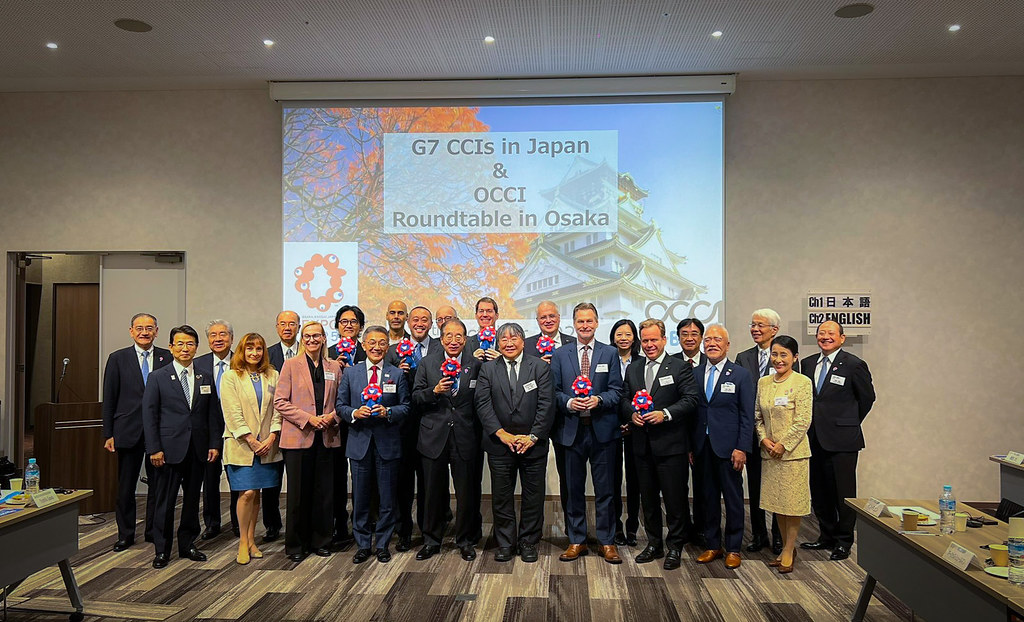Member? Please login
BCCJ Releases COVID-19 Business Impact Survey

Written by Sterling Content
April 28, 2020
Community and Business
VIEW SURVEY
Members of the British Chamber of Commerce in Japan (BCCJ) have implemented measures to ensure business continuity amid the COVID-19 pandemic, even as they forecast a fall in revenue in 2020, according to a survey carried out by the BCCJ in April.
Furthermore, Platinum, Corporate and Entrepreneur members remain hopeful about their respective businesses in two years’ time, reflecting resilience amongst the community.
Some 75 member companies responded to the poll, 92% of which are primarily located in Tokyo. Some 53% are based in Japan; the others hold their main enterprise abroad.
Respondents hailed from a range of sectors. Most common were professional services (17%), marketing and media (11%), education/cultural relations (10%), hospitality/travel and tourism (10%) and manufacturing/transportation (10%).
There was balance in size, too, with respondents ranging from entrepreneurs with 1–4 staff (28%) to corporates with more than 1,000 staff (9%).
Business continuity
Almost all respondents (97%) said COVID-19 has had a negative impact on their operations. For 39%, that negative impact is “significant” and for 25% “very significant.”
Some 85% said their firm has a business continuity or pandemic preparedness plan, but only 78% had started implementing it. In general, respondents reported satisfaction in their plan’s robustness, but cited concerns on the timeframe and lack of direction from authorities on how to operate.
Top measures implemented in response to the crisis (multiple answers accepted) include teleworking (94%), replacing internal meetings with an online format (92%) and replacing client meetings with an online format (89%). Three quarters of respondents have introduced flexible working hours, while 58% have a ban on local travel. A mere quarter have suspended operations.
When asked how long such measures might be in place, 38% of respondents said they did not know. Others said June 2020 (28%) or September 2020 (24%).
The most common effects of COVID-19 on respondents’ respective organisations (multiple options possible) are difficulty in forecasting (72%), decrease in demand for products/services (68%), decline in financial performance (64%) and operational challenges as a result of remote working (61%).
Some 35% of respondents have experienced reduced productivity, while 33% have been unable to make business and investment decisions.
Outlook
More than half of respondents foresee a loss in both revenue and net profit in 2020 as a result of the ongoing crisis; the remainder answered do not know. One fifth expect revenue to dip more than 40%, 17% expect a decrease of 26–40% and 17% a decrease of 10–25%. Most respondents report greater positivity regarding net profit in 2020 than revenue.
Overall, respondents remain positive on longer-term operations. More than one third expect their scale of business to be the same in two years’ time, with 16% even expecting an increase in business. Only 14% expect their business to have been reduced as a result of the crisis. One third answered do not know.
Japan response
Only 7% of respondents are satisfied with the Japanese government’s response to the economic challenges of COVID-19. Some 39% are somewhat satisfied and 39% are not satisfied.
The survey shows demand for the implementation or improvement of the Japanese government’s economic support measures, including financial relief for companies, those made unemployed and the self-employed as well as more information in English and more frequent communication.
Most respondents obtain official government information via television news (81%) and rely on information from the Japanese government (88%) for decision making or business continuity planning.







